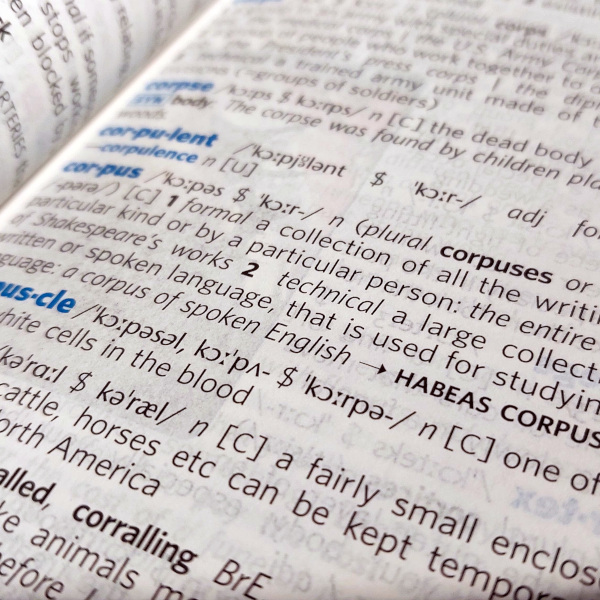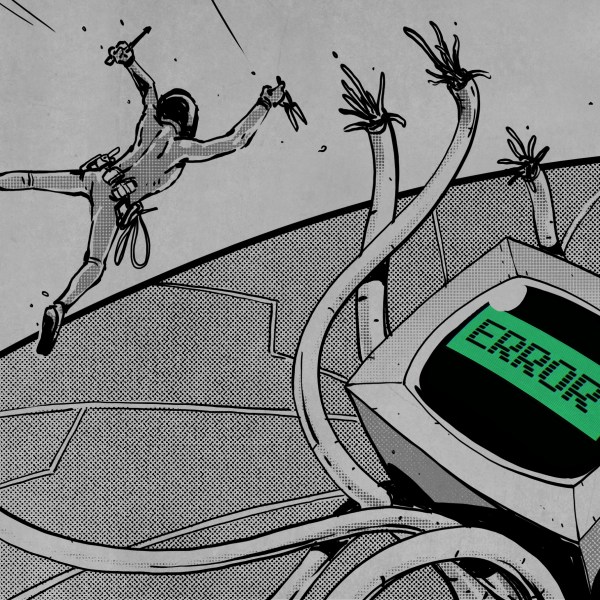Kipp Bradford wrapped up his keynote talk at the Hackaday Remoticon with a small piece of advice: don’t built bridges in the middle of the ocean. The point is that a bridge must connect two pieces of land to be useful and if technology isn’t useful to humanity, does it matter at all?
In reality we build bridges in the middle of the ocean all the time as each of us finds nonsensical reasons to learn new skills and try things out. But when it comes time to sit down and make an organized end goal, Kipp wisely asks us to consider the impact we’d like that work to have on the world. Equally importantly, how will we make sure completed work actually gets used? This is where the idea of politics in technology comes to play, in the sense that politics is a major mechanism for collective decision-making within a society.
Currently the CTO of Treau, and a Lecturer and Researcher at Yale, Kipp delivered this keynote live on November 7th. Kipp was an expert judge for the Hackaday Prize in 2017 and 2018. The video of his talk, and a deeper look at the topics, are found below.
Engineering is Change
Kipp shares Melvin Kranzberg’s laws of technology, the first of which is that “Technology is neither good nor bad; nor is it neutral”. That’s because new technology represents a change in how something is done, it seeks to exert change on a system merely by getting people to use it. Further, Lance Strate writes that because technology is a form of change it has an inherent bias.
In watching his talk my mind immediately leapt to current challenges for technology, like the advances in automation that are sweeping the world. Automation is making goods and services more affordable while optimizing away the jobs that used to perform those tasks. At this point the engineers might be thinking: we just wanted to build some cool robots and it got political very quickly!
Now where you land on the issues like automation is a product of the biases that shape all of our opinions in different ways. That’s an oversimplification to be certain, but these issues are all around us and this is nothing new, although the rate at which they affect our lives has accelerated immensely. Kipp has several interesting historical examples to get you thinking, from the slow adoption of new voting technology and the policy choices that shaped LED lighting manufacturing, to a bridge collapse in the 17th century that led its replacement to be designed to instill public trust in addition to just carrying a load.
Technology is Human Evolution
The talk tips into transhumansim as Kipp calls engineering our special super power. The idea is that evolution could make us better at living in warm or cold climates, but we sped that up by building heating and cooling systems for our buildings. He calls it our “extra-corporeal DNA” — the evolutionary traits that are outside of our body yet still augment our existence, shape who we are, and can be passed on to our progeny, while discarding the less useful ideas along the way.
Watching this talk provided a perfect analogy. How far can you shout? I was able to hear Kipp’s voice from 1,200 miles away, his words traveling faster than the speed of sound. That sounds very much like a super-power, and if you’re reading this you have the same power at your disposal this very moment.
The great Stan Lee popularized the Peter Parker principle that with great power comes great responsibility and it certainly applies here. Kipp is asking us all to put our work into context, to think about the impact we’d like to see in the world from the projects we work on. Take the time to educate the public on the benefits and drawbacks of utilizing technology and share the agency of what you’ve built. This is the other half of the work that makes hard-won technical solutions worth it.















I’m so sick of politics invading every little thing. Hopefully after Jan 20th we can get back to not having to hear about the stupid crap that politicians are doing or trying to do on an hourly basis. Yeah, I know, dream on…
You should watch the talk. He doesn’t mean “politics” in the sense of the two-party deathmatch with dirty tricks that you might be thinking, shortly after early November in a year divisible by four.
He means it like the greeks — kinda the will of the people and how you get them to get behind a good (your?) project. It’s not enough to engineer something great, but there’s a human factor to making it a widely used great thing. If it’s commercial, some of what he’s calling politics is also market competition.
The idea of the “will of the people” is itself politics in the completely modern sense. Democracy is a historical anomaly, and despite the claims to the contrary by various imperialist nations, it is not the only lens through which to see the world. I have no obligation to make my projects accessible to anyone other than myself, and any attempt to please the masses inevitably degrades into engineering-by-committee. Appealing to “the people” is how you end up with cheap plastic and planned obsolescence. No thanks.
People should make technology because it has intrinsic virtue, not because other people like it.
On the other hand, when you’re doing it “for yourself”, you end up never completing anything to the same level of polish. No appeal to the masses; you run out of resources and interest at 80% completion because you aren’t even trying to sell it to somebody else. Who cares if it’s all made of cheap plywood and threaded rods?
What’s worse, you cannot leverage economies of scale, standardization and interchangeability of parts without mass marketing. In a way, you are relying on the “cheap plastic” to have your nuts and bolts and standard components that you cannot make yourself.
The Greeks actually kinda mocked and despised democracy, because for what it was worth back then. Direct democracy is basically tyranny of the mob.
This is why the modern understanding of democracy puts the rule of law above the rule of people to limit what kind of decisions we can make, but then we also remove the actual power from the people by appointing a bunch of representatives that act as de-facto oligarchs by building up political dynasties that try to keep to power regardless of election results, making our system more a “dictatorship by the implied consent of the ruled” rather than anything the ancient Greeks would have recognized.
“It is said that in polite company, one must avoid discussing religion and politics, but those are the only two things worth discussing.”
-G.K. Chesterton
> It’s not enough to engineer something great
yes, it is. everything beyond that is vanity.
So, if there is a Q & A,
Will you call it “The Bradford Exchange”/
B^)